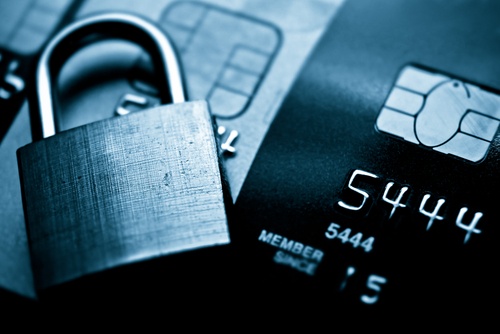
Spam and phishing in Q1 2018
The quarter’s main topic, one that we will likely return to many times this year, is personal data. It remains one of the most sought-after wares in the world of information technology for app and service developers, owners of various agencies, and, of course, cybercriminals. Unfortunately, many users still fail to grasp the need to protect their personal information and don’t pay attention to who and how their data is transferred in social media.











